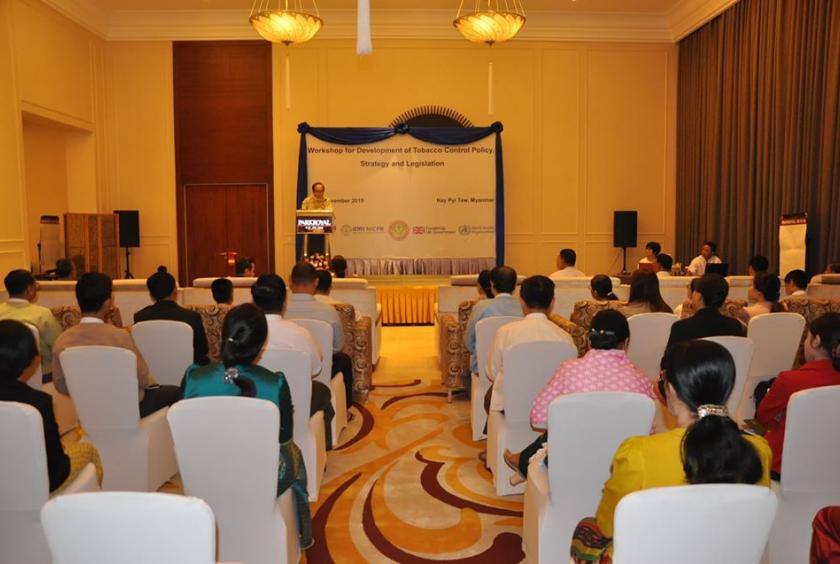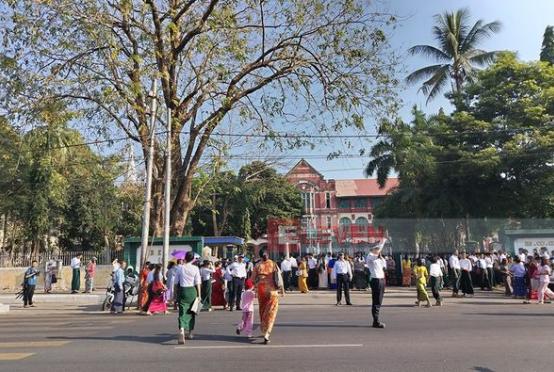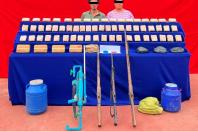
Tobacco will become a serious public health problem within the next five years if Myanmar is unable to carry out effective control against tobacco and tobacco-related products, said Union Minister for Health Dr. Myint Htwe, at a workshop on the emergence of tobacco control policy, strategy and law, in Nay Pyi Taw on November 19.
The emergence of tobacco control policy, strategy and effective law is of great importance as the world countries including Myanmar are suffering losses in every sector including the health sector due to tobacco consumption. Due to the lack of control against tobacco consumption, all sectors including health and economy shall suffer big losses, he added.
South East Asian Region including Myanmar accounts for around 237 million out of 1,100 million tobacco users around the world. Smoking and tobacco use causes more than seven million deaths per year worldwide. Secondhand smoke kills nearly 900,000 people every year, according to the World Health Organization.
According to the WHO’s 2018 estimate, around 65,000 people in Myanmar die of betel, tobacco and tobacco-related products consumption annually. The country sees an increasing number of people who die of non-infectious diseases including cancer, heart and cardiovascular diseases and premature deaths.
Ministry of Health and Sports is implementing a special plan in cooperation with Ministry of Health as tobacco consumption and betel chewing among the youths aged between 13 and 15 is high.
According to the 2014 survey, male accounts for 34 per cent of smoking and female, for 7.4 per cent. In addition, male accounts for 62 per cent of betel chewing and female, for 24 per cent.
According to the 2016 survey, tobacco consumption and betel chewing among the male youths aged between 13 and 15 accounts for 26 per cent and female for four per cent.
Both ministries cooperate in an effort to control the situation as it is unacceptable from the social and health point of view.















